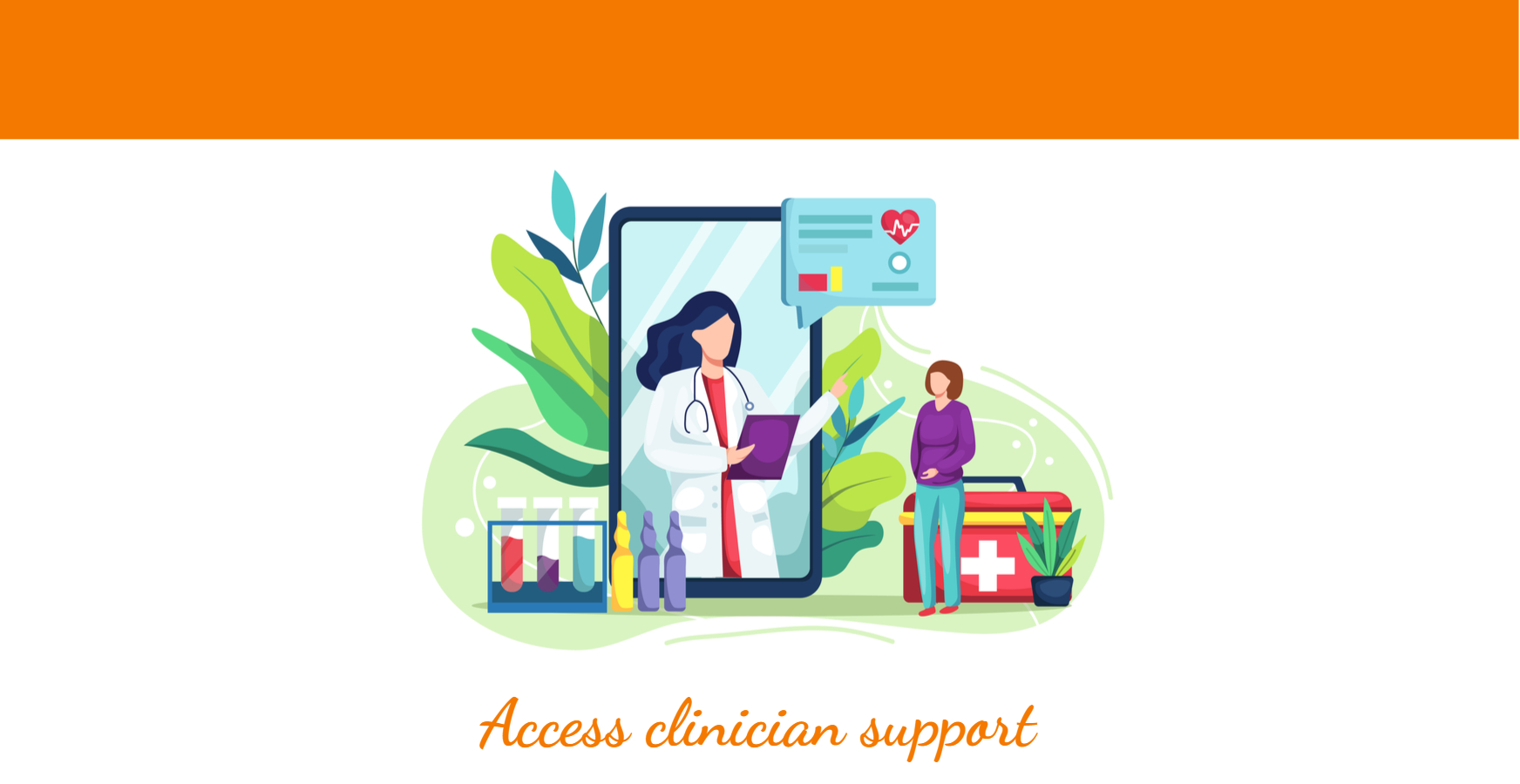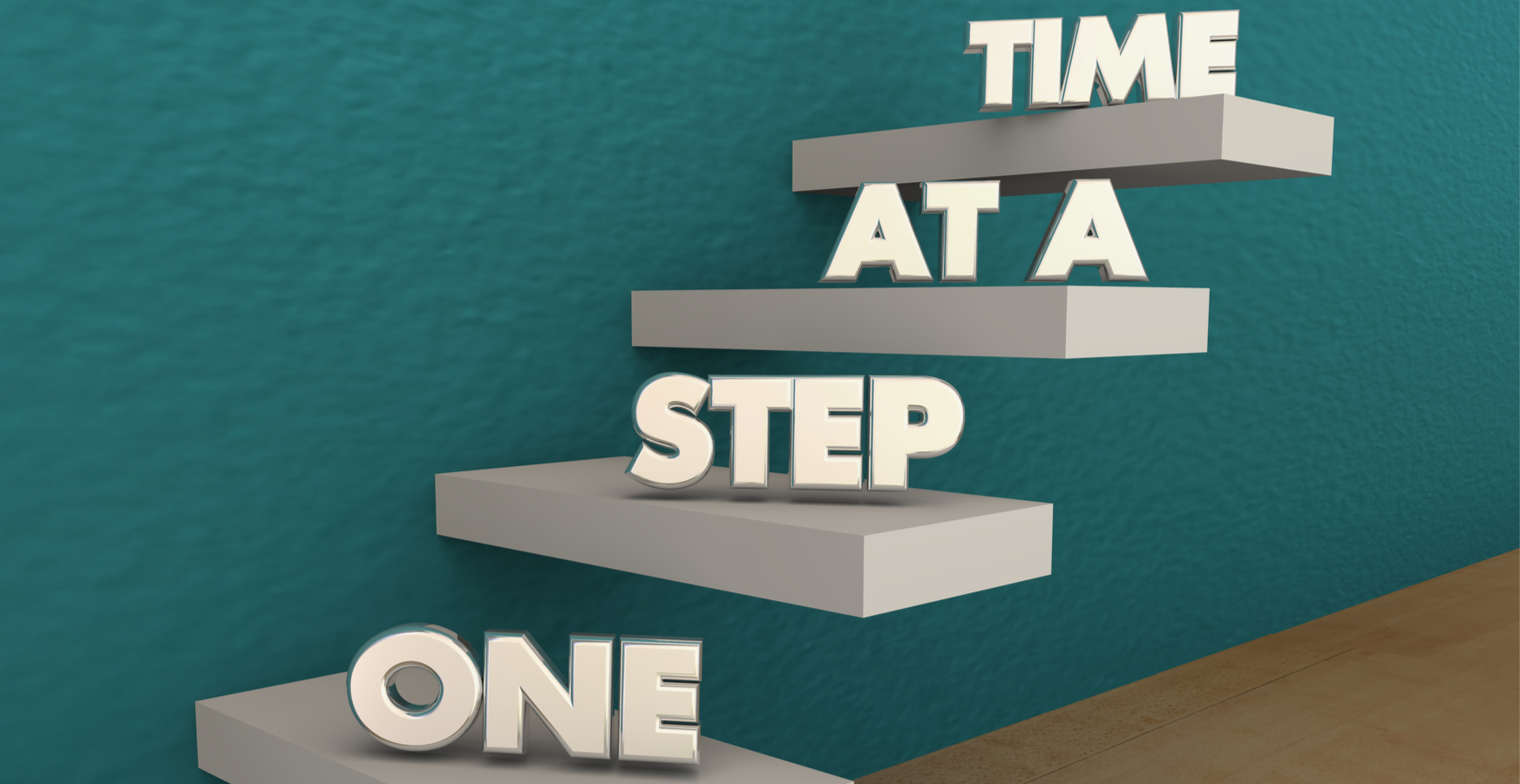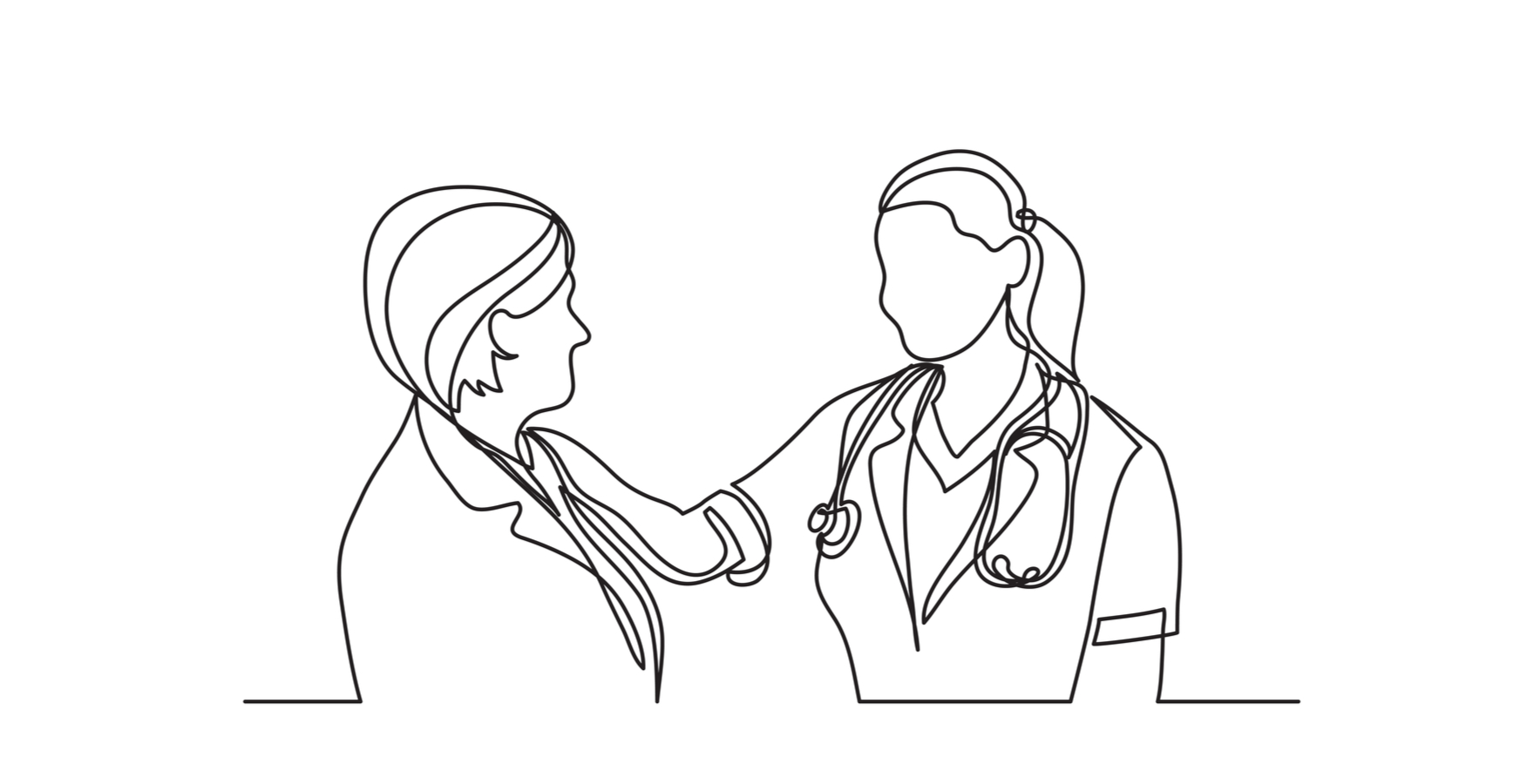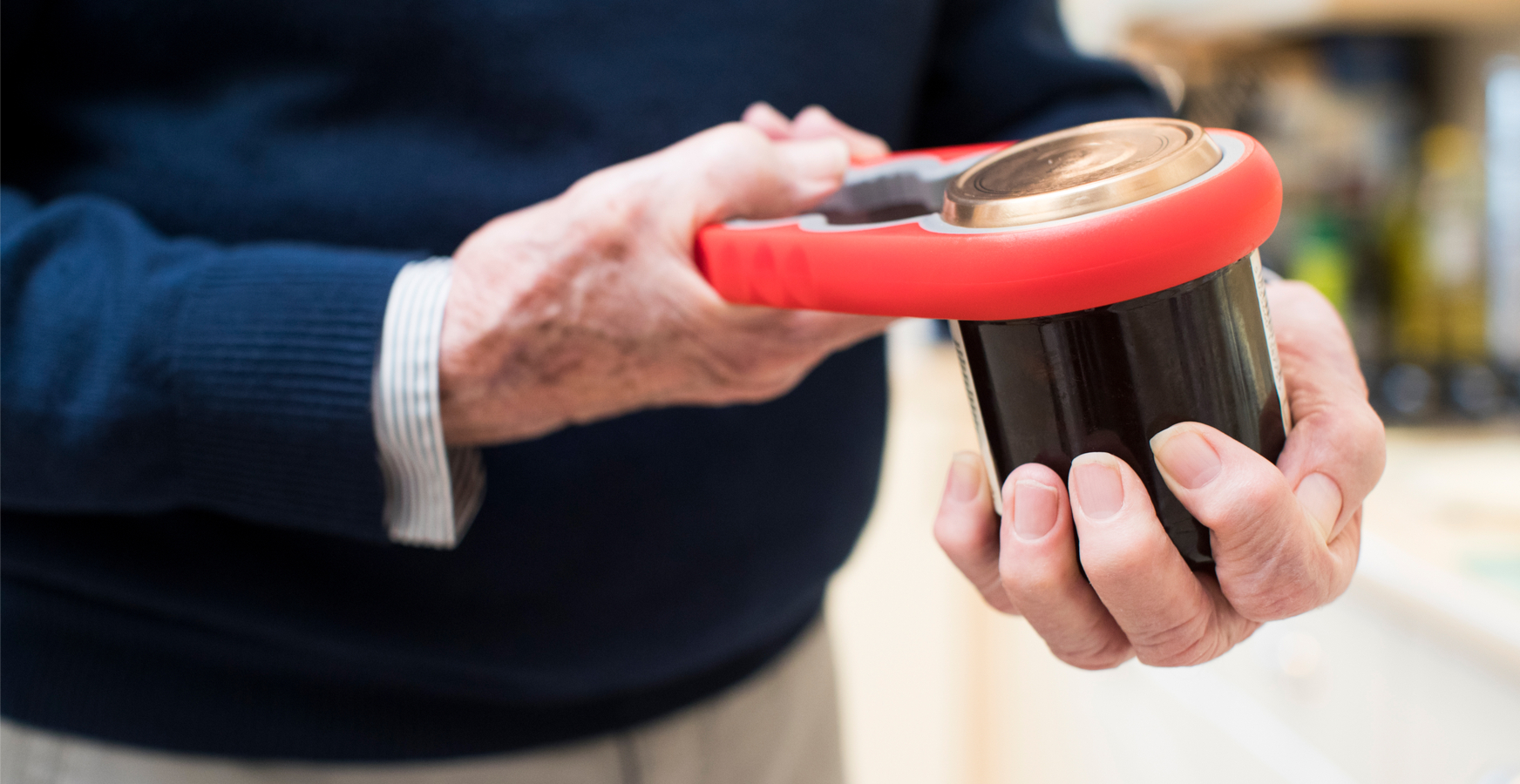I have found my journey with persistent pain to be difficult. There have been many bumps in the road, and lots of twists and turns. I have valued the support I have been given in navigating this road from a range of clinicians.
I believe I have progressed from being a largely passive patient to one that is much more active in my care. I am much wiser in my choice of clinician, and my working with them. I have been supported to understand pain, and most importantly MY pain, and I have been supported to self-manage my pain. Perhaps the best support I have received has been from physiotherapists. My personal experience of pain clinics has been poor, but I know many people have had much better experience of them, and in particular pain management programmes.
There is no need to navigate your pain journey without clinician support. There will be points on the journey when clinician support may prove invaluable. I would encourage you to investigate whether clinician support might help you to manage your pain in a better way, and I would encourage you to think about how you might be able to become a more active partner in your care.
This wonderful diagram imagined by David Poulter (@retlouping) and drawn by @honest_physio illustrates beautifully how working together with clinicians can help you move forward in your pain journey and support you to learn lifelong self-management skills. Illustrates my own pain journey beautifully.
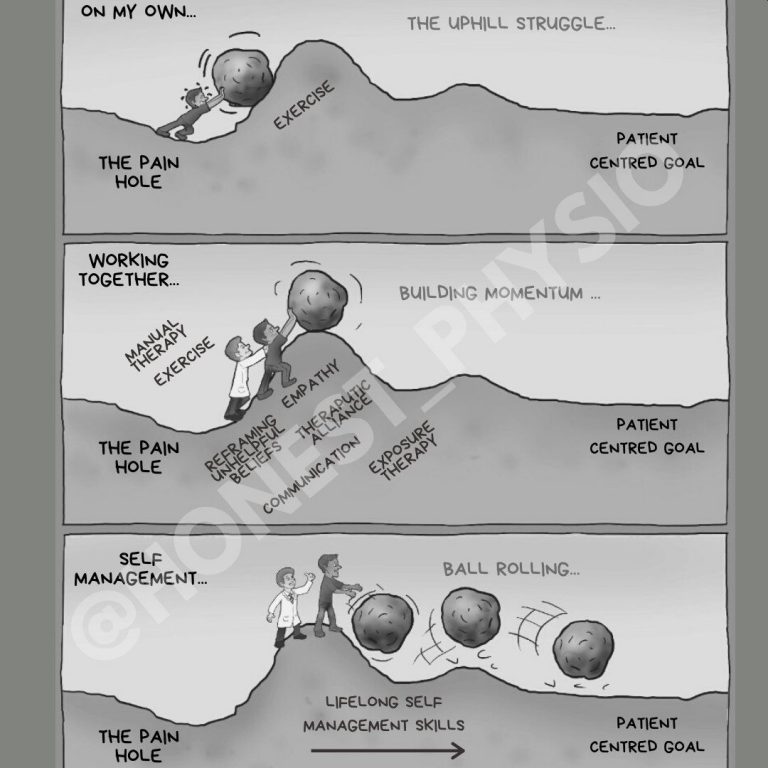
The Navigator Tool by Pain Concern
The specially-developed ‘Navigator Tool’ encourages positive communication between people seeking to manage debilitating pain and their healthcare professionals. Click HERE for more information and to download.
Find out more with this short video.
Click on the pictures to learn more about each strand
More Information

